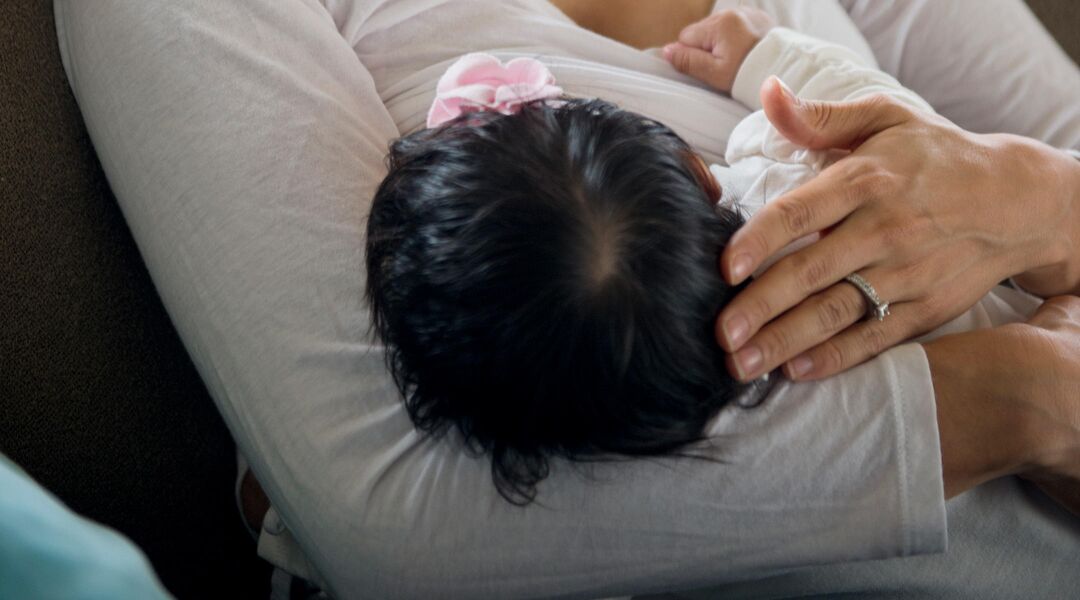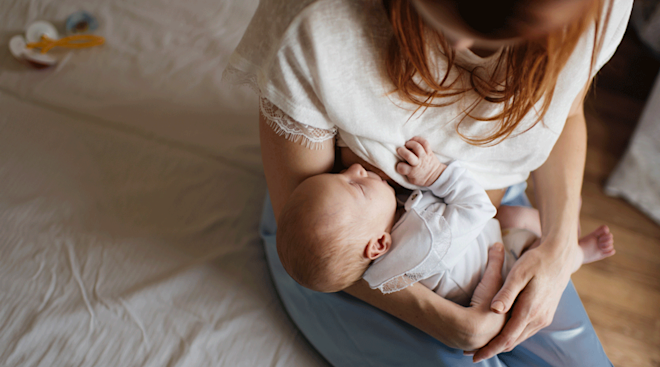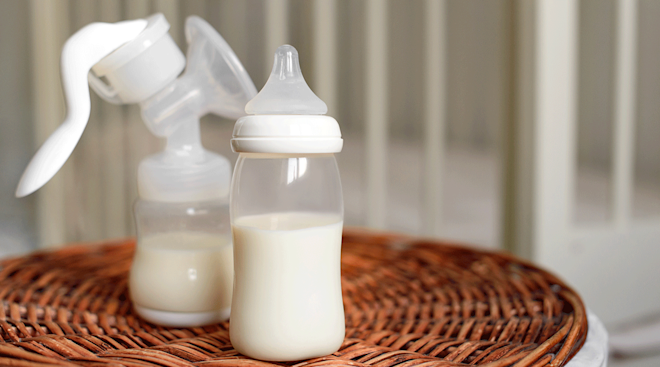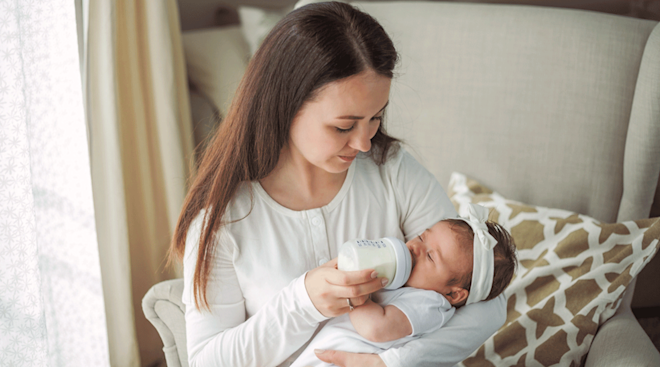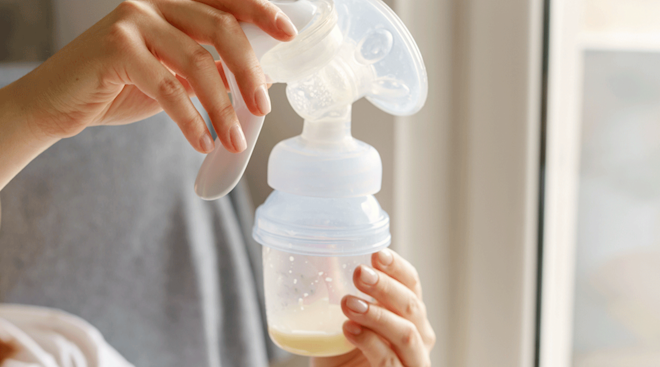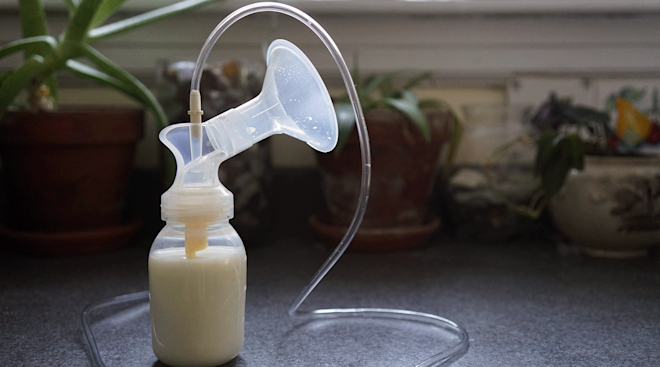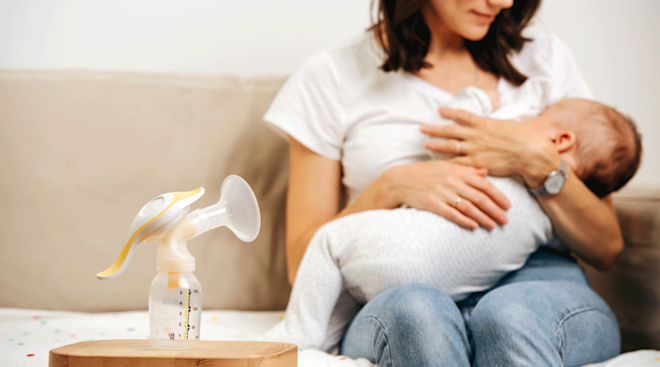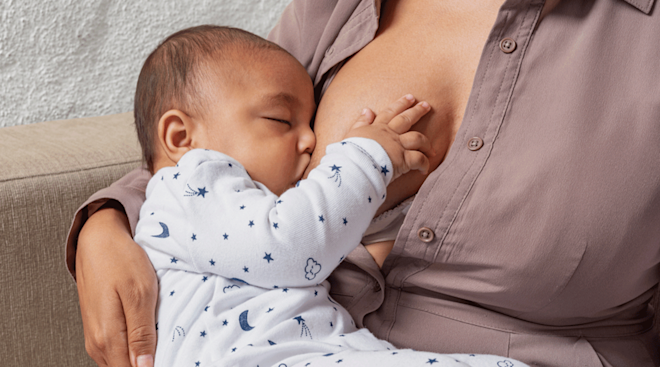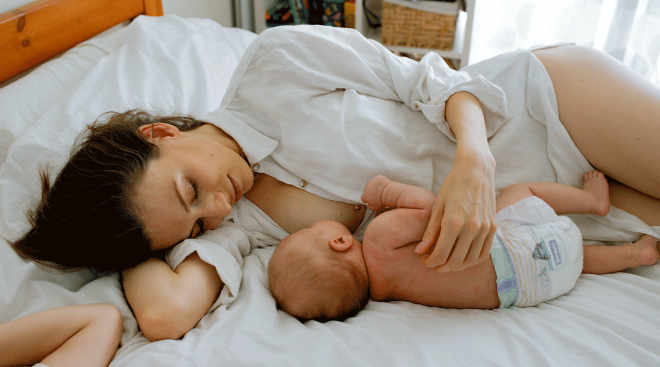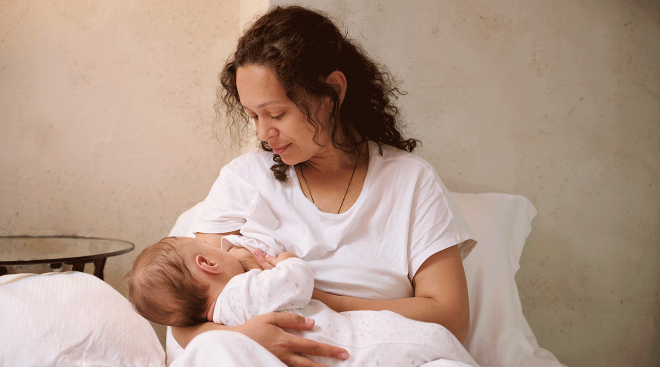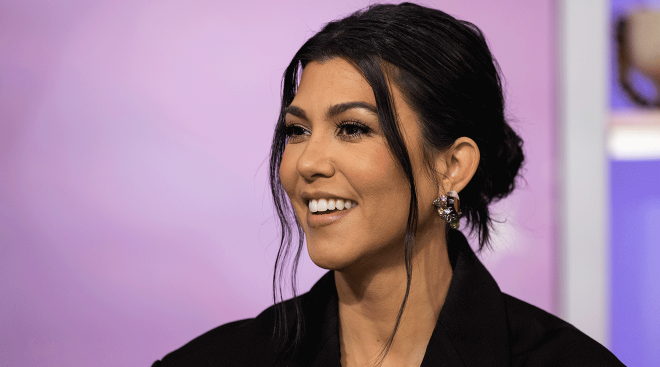The latest study to come from the journal Breastfeeding Medicine found that children with children who breastfeed for shorter durations may be more likely to have ADHD.
Researchers at Schneider’s Children Medical Center studied over 50 children (age 6-12) who had been diagnosed with ADHD between 2008 and 2009. These children were compared to two control groups: the first consisted of healthy (non-ADHD) siblings of ADHD children and the second control group was composed of children of similar ages without ADHD. Researchers also presented a questionnaire to both parents of children in all three groups that addressed: demographic, medical and perinatal findings, as well as feeding history during their child’s first year of life. Parents were also given a validated adult ADHD screening questionnaire.
From the study and the questionnaire results, researchers found that the rates of breastfeeding were substantially lower among those children diagnosed with ADHD: only 43 percent were breastfed until they were three months old. When researchers studied the two control groups, they found that 69 percent of the siblings and 73 percent of the children not related to the kids with ADHD were breastfed until they were three months old. What’s more, only 29 percent of children with ADHD were breastfed until they were six months old. When studied, scientists found 50 percent of siblings and 57 percent of kids in the second control group were breastfed until they were six months.
According to the authors of the study, those differences suggest that partial prevention of ADHD could be found in breastfeeding. And from the results, researchers were able to conclude that children with ADHD were less likely to breastfeed at 3 and 6 months. But researchers and doctors in general agree that this is only the tip of the iceberg — and there is much, much more work to be done if they are to show the association between breastfeeding and prevention of ADHD.
Though he was not involved in the study, Dr. Andrew Gerber said, “You can never know in a very basic, statistical way whether you have controlled adequately for other variables. You do the best you can, and I believe these authors tried, but it’s very hard to take a study like this and infer anything.” He went on to add, “Is it plausible that there are aspects of breastfeeding and bonding with the baby that are important and can have wide-reaching implications for development, both intellectually and emotionally? Yes. But does that mean in a concrete way that lack of breastfeeding leads to ADHD? The answer to that is almost certainly ‘no.’”
What Gerber did say, however, was that if future studies confirm that breastfeeding has a direct, protective effect against ADHD, he believed it would most likely stem from the fact that breastfeeding promotes early mother-infant bonding, which, through several studies, has shown to influence a child’s emotional and intellectual development.
Until further research is done, Gerber warns expectant mothers and moms from taking these findings too seriously. He said of that the conclusions researchers drew from the study should not, “put mothers in a position where they think this particular ingredient is so crucial, that if they can’t do it, they’re bad moms. What matters more in emotional and intellectual development is that they be competent, comfortable mothers. For some moms, that means breastfeeding.”
Do you think breastfeeding could help prevent ADHD in your babies?
Please note: The Bump and the materials and information it contains are not intended to, and do not constitute, medical or other health advice or diagnosis and should not be used as such. You should always consult with a qualified physician or health professional about your specific circumstances.
Navigate forward to interact with the calendar and select a date. Press the question mark key to get the keyboard shortcuts for changing dates.
































